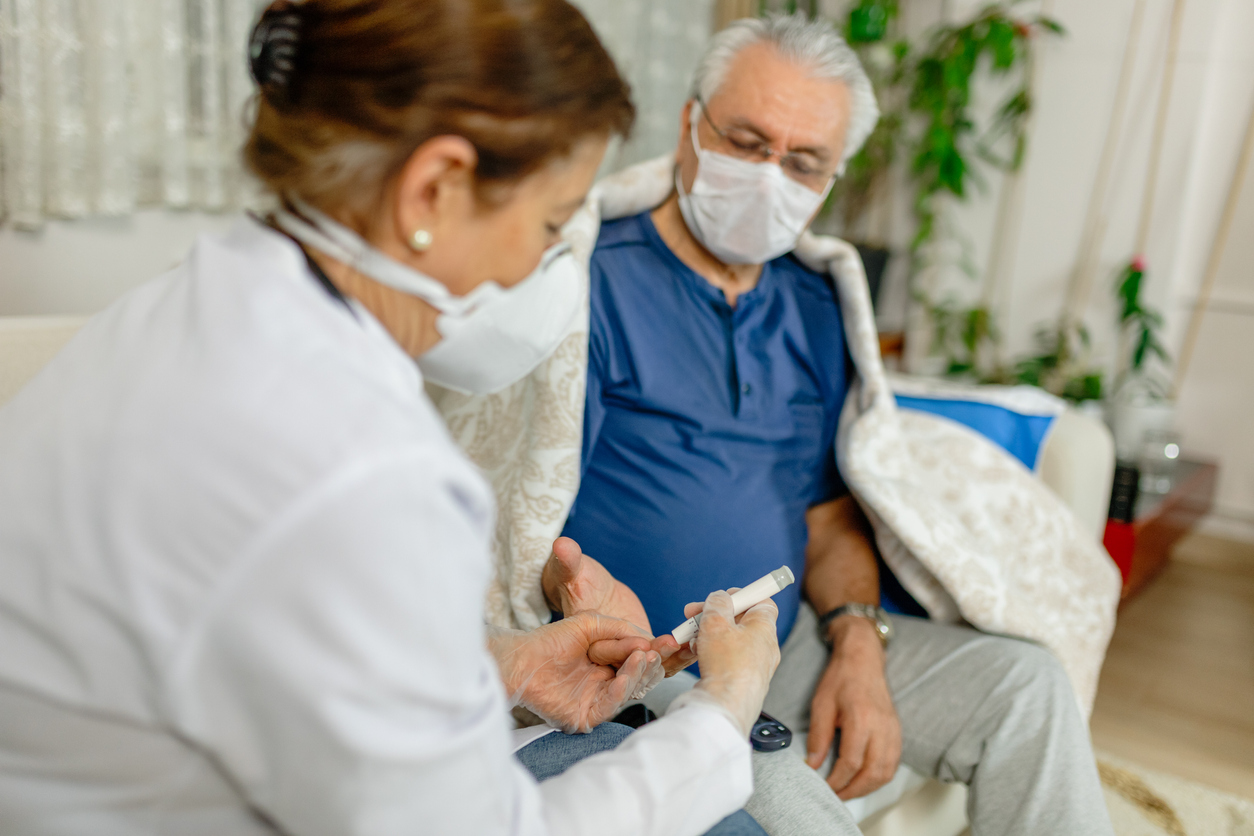Media release
From: George Institute for Global HealthNew research shows that more than half of those with type 2 diabetes that was not well-controlled were not getting their treatment adjusted within six months of returning a high blood glucose test.
Given that people with diabetes are at greater risk of serious illness from COVID-19, especially if their diabetes is not well controlled, staying on top of treatment is more important than ever.
George Institute for Global Health researchers found that those who regularly engaged with health professionals were more likely to have their treatment ‘upgraded’ sooner than those who saw their doctor less frequently.
Lead author and Visiting Research Fellow Dr Ying Xie, an Endocrinologist from The Second Affiliated Hospital of Soochow University in China, said that since people with high blood glucose levels are at higher risk of heart disease, kidney disease and nerve damage, swift action to reduce those levels was key to reducing this risk.
“Medications that reduce blood glucose are an important component of diabetes care. Often, these medications are added in a stepwise fashion - known as therapy escalation,” she said.
“Our study is the first in Australia to look at what might be causing delays to therapy escalation in those who still had high blood glucose despite already receiving treatment.”
Researchers used data from the Sax Institute’s 45 and Up Study to find information on therapy escalation for 2,456 people with diabetes aged 45 years and over, living in New South Wales, whose blood sugar was higher than the recommended level.
They used HbA1c – a measure of the amount of blood sugar attached to a protein in red blood cells that carries oxygen from your lungs to the rest of your body – to determine whether their blood glucose was higher than is typically recommended.
They found that just 44 percent of those with higher than normal HbA1c results were issued a new prescription - indicating therapy escalation - within six months of the blood test result.
People who were on multiple medications already and those in older age groups were less likely to have their therapy adjusted following a high reading.
“Our study used routinely-collected health data to paint a picture of quality of care for older people with diabetes and it reinforced how important healthcare engagement is to optimising therapy,” said Dr Carinna Hockham, the senior author and Research Fellow at The George Institute.
“While we didn’t study the specific reasons for why certain factors delayed treatment progression, we know that keeping up with multiple medications can be challenging for people with diabetes, so there may be some reluctance to adding in another one,” she added.
“This was echoed by the fact that those who were on just one medication at the time of their elevated result were more likely to be prescribed an additional therapy.”
More aggressive lowering of blood glucose can potentially lead to falls, especially in older people.
“We think that slower escalation of therapy in older patients is likely to be due to these concerns,” added Dr Hockham.
It is hoped that the factors influencing therapy escalation that were identified in this study can be used to improve care and reduce the risk of health complications in people with diabetes.
“The main message for people with diabetes is to stay in regular contact with your doctor, so they can make sure your treatment is on track.”


